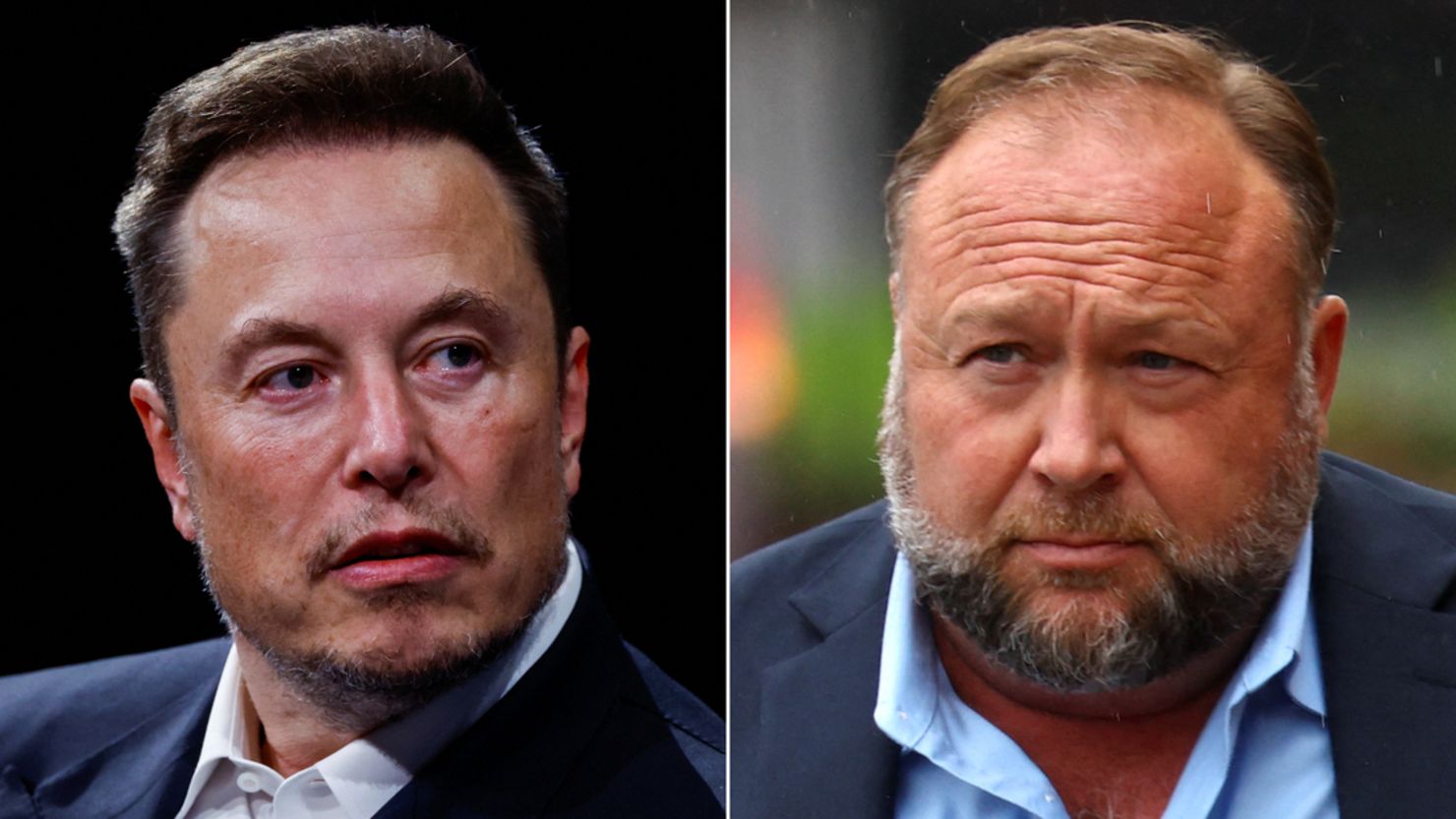The social media landscape witnessed a significant development as controversial conspiracy theorist Alex Jones marked his return to platform X, formerly known as Twitter, by reposting a message from equally contentious influencer Andrew Tate. This event signals a new chapter in the ongoing debate over free speech and content moderation on social media.
Alex Jones, the figurehead behind the conspiracy theory website Infowars, gained notoriety for his baseless claims, particularly the false assertion that the tragic 2012 Sandy Hook school shooting was staged. This claim led to a legal backlash, culminating in Jones being ordered to pay a staggering $1.5 billion in damages to the families of the victims for the harassment and death threats they endured due to his statements.
Jones’s social media presence had been significantly diminished after being banned from major platforms like YouTube, Facebook, and Twitter in 2018 due to violations of their rules on abusive behaviour. However, the landscape of Platform X changed with its acquisition by Elon Musk in October 2022. Musk initially resisted reinstating Jones, even referencing the death of his child as a reason for his stance against exploiting children’s deaths for personal gain.
The turn of events came when Musk, known for his bold approach to free speech online, posted a poll asking users to vote on Jones’s reinstatement. Approximately two million respondents participated, with 70% voting favour lifting the ban. This move mirrored the earlier reinstatement of former US President Donald Trump and represents a continued shift in X’s content moderation policies under Musk’s leadership.
Andrew Tate, another figure with a controversial past, who faces severe charges in Romania, played a role in Jones’s return by defending him and celebrating their shared reinstatement on the platform. Tate’s support for Jones included calling him a “hero,” highlighting the complex interplay of controversial figures supporting each other in the digital space.
Musk’s decision, while controversial, was defended by him on the grounds of upholding freedom of speech, despite acknowledging strong disagreements with Jones’s past statements and recognizing potential financial repercussions for X. This stance aligns with Musk’s recent accusations against advertisers boycotting X over concerns about antisemitic content, including a post by Musk himself.
Alex Jones’s return to platform X underscores the digital era’s evolving dynamics of content moderation and free speech. It raises significant questions about the responsibilities of social media platforms in balancing the rights of individuals to express themselves with the potential harm their statements can cause. As Musk continues to push the boundaries of free speech on X, the global online community watches closely to see how these policies will shape the future of digital discourse.
























+ There are no comments
Add yours